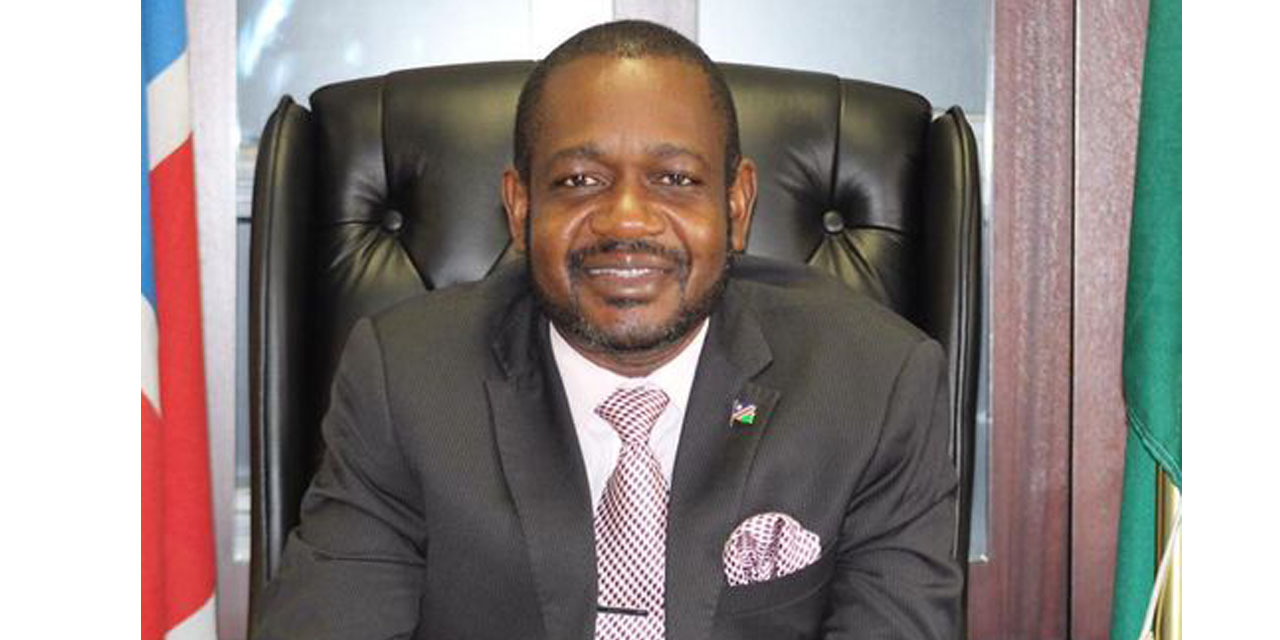Niël Terblanché
The recent induction of new members into the African Union Peace and Security Council (PSC) marks a key moment in Africa’s ongoing battle against war crimes, genocide, and crimes against humanity.
The orientation program not only introduced the members to the council’s extensive mandate, powers, and functions but also reinforced the continent’s resolve to silence the guns and ensure collective security.
Established two decades ago, the PSC has emerged as the cornerstone of Africa’s efforts to maintain peace and security across the continent.
Bankole Adeoye, the AU Commissioner for Political Affairs, Peace, and Security, emphasized the council’s significant role as the bastion of hope for achieving peace and stability in Africa.
Dr. Peya Mushelenga, Namibia’s Minister of International Relations and Cooperation, highlighted the council’s critical work in addressing some of the continent’s most enduring conflicts, including those in Somalia, Libya, the Democratic Republic of Congo, the Sahel region, and Mozambique.
Mushelenga also pointed out the necessity to combat both traditional and emerging threats like extremism, climate change, and cybercrime.
The PSC’s journey began following a shift from the Organization of African Unity’s initial stance on peacekeeping to a more proactive engagement in peace operations, especially after witnessing the devastating conflicts in Rwanda and Burundi.
This evolution was brought about by the realization that African institutions needed to take a more prominent role in mediating conflicts within the continent.
The establishment of the PSC was a response to the call for a more robust and action-oriented organ within the newly formed African Union, which would focus on peace-making, peace-building, and, when necessary, military intervention with member states’ consent.
Over the years, the PSC has not only focused on conflict resolution but has also developed a comprehensive infrastructure for early warning and conflict prevention.
The establishment of the African Peace and Security Architecture (APSA) and the adoption of initiatives like the Master Roadmap of Practical Steps to Silence the Guns in Africa by the Year 2020 showcase the AU’s commitment to a peaceful continent.
Despite the challenges, significant progress has been made, with a reduction in violent conflicts and strides in post-conflict reconstruction and development.
As the council began its work with the newly elected members, who will serve terms of either two or three years, the focus remains on supporting peace agreements, combating terrorism, and fostering a conflict-free Africa.
The council’s approach is multi-faceted, relying on collective security, early warning systems, and a strong partnership with regional bodies and the United Nations.
This induction not only represents a continuity of the AU’s peace and security agenda but also signals a renewed commitment to addressing both perennial and novel security challenges facing the continent.
With the collective efforts of its members, the PSC stands as a testament to Africa’s resolve to foster a stable, peaceful, and secure future for all its citizens.




